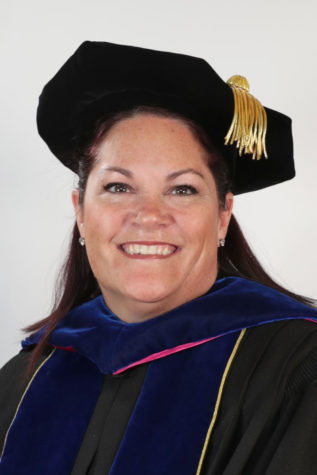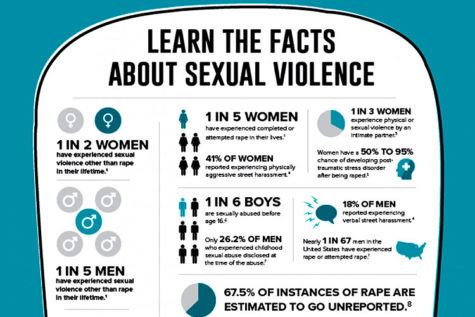Test Blind initiative reaches Mercyhurst
September 8, 2015
In the 2015-2016 academic year, 55 accepted freshmen chose to apply “test optional.”
Last year, Mercyhurst’s faculty staff and admissions chose to provide incoming freshmen and transfer students the new option of submitting applications without college admission test scores.
This year’s students did not need to provide their scores for either the Scholastic Aptitude Test (SAT) or the American College Test (ACT). Approximately eight percent of the 700 incoming freshman chose to submit a test blind application.
Mercyhurst has joined a growing class of colleges and universities that have chosen to judge applicants on a holistic approach. Reports from the Washington Post indicate that more than 850 colleges in the U.S. are now test blind. This growing trend includes nationally ranked schools such as George Washington University.
“We are glad to be ahead of the trend,” said director of Undergraduate Admissions Christian Beyer. “We felt that this year was the right time.”
The option to go test blind was influenced by the growing diversity of college applicants and their challenging needs.
The 55 students admitted to Mercyhurst without test scores are part of the University’s mission to accept students from all walks of life. According to Beyer, test blind application help benefit underprivileged applicants, minority students and high school graduates who do not have access to standardized test prep materials.
This year’s test blind accepted freshmen had a slightly lower GPA than their peers, with a difference of .22 GPA points. According to Beyer, the acceptance to Mercyhurst University is not based purely on academics. Mercyhurst admissions take into consideration the expanse of a student’s four-year high school transcripts and character traits.
“This is not about lowering our standards,” said Beyer. “This is about giving students an opportunity they wouldn’t have otherwise.”
Beyer stated that the decision to go test optional has so far increased cultural, racial, socioeconomic and gender diversity on campus. He said that the 2015-2016 freshmen have demonstrated their ability to preserve, lead and engage in their communities.
Junior Intelligence major, Kaley Morrison does not think that having these new measures will affect the quality of her education.
“I feel that it won’t affect me much as an Intelligence Studies major,” Morrison said. “Our school has great programs, great staff and a great environment that speaks for itself.”







